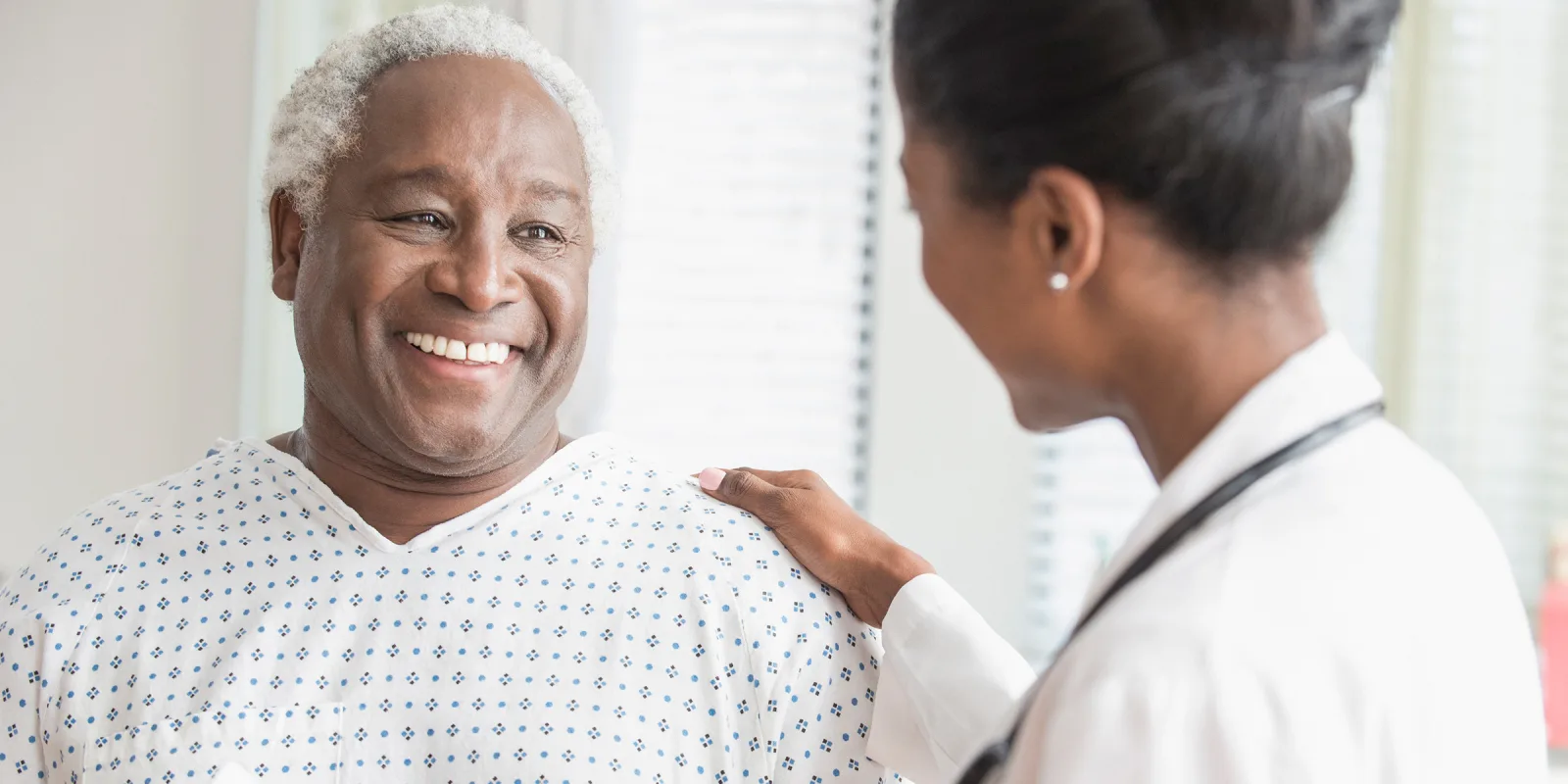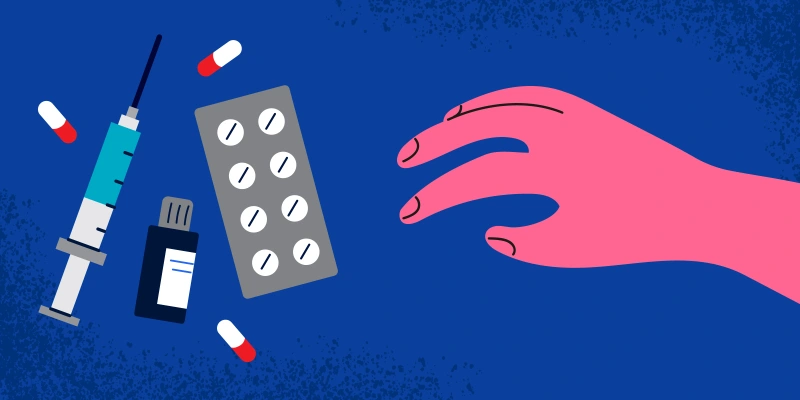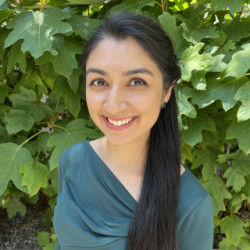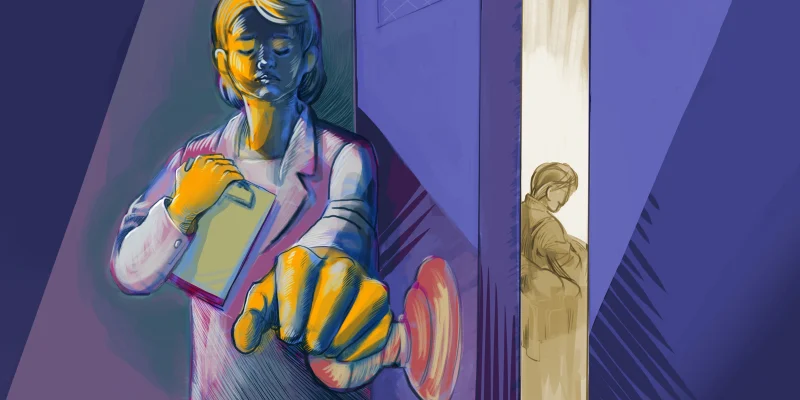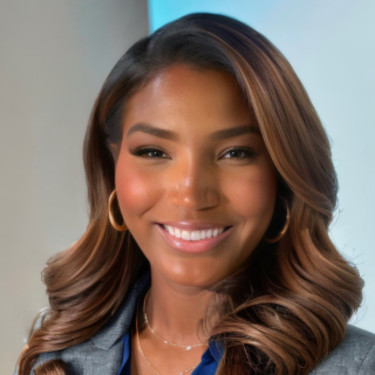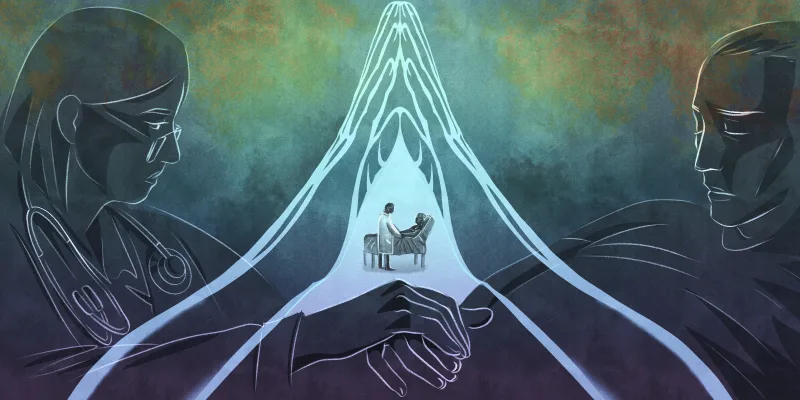
Dr. Irene Bean, DNP, knows that antiracist work is a movement, not a moment. The founder and executive director of the Tennessee Nurse Practitioner Association has been using her platform to host webinars for the health care community on institutional racism. Doximity spoke with Dr. Bean on her work and how clinicians can incorporate racial justice and health equity into their practice.
Doximity: Why do you think this particular moment is moving people to participate in antiracist work?
Dr. Irene Bean, DNP: Many people are participating in antiracist movements because they are exhausted with institutional racism, social injustice, police brutality, and no one being held accountable for the deaths against Black and brown communities.
In the past, skepticism was a major factor in these communities. Who would believe that Blacks were being lynched in the 21st Century? Who would believe that a young man was shot while jogging? Who would believe that a police officer, who has sworn to protect and serve, would be the very person to take life after being told, "I can’t breathe"?
Social media and technology have been the saving grace and the final voice for so many during their deaths. It was a cell phone video that captured the deaths of George Floyd, Ahmaud Arbery, Rayshard Brooks, Philando Castile, and others. These videos were uploaded to various social media accounts and allowed America and other countries to see Black and brown people being murdered for the color of their skin.
The hearts of many felt the pain and agony that the families were feeling. Many decided that enough is enough. How can we sit back and be quiet when there are people being murdered? The Black and brown community knew without a doubt that these acts of racism were harrowing and feared that justice will never prevail. However, with millions of viewers, a movement began to spark. People from around the country are supporting the Black Lives Matter movement and asking for equality in a country that is supposed to be built upon all men being created equally. I must say that this movement has been like no other. It has swept across the country with all ethnicities recognizing and demanding a call for justice.
Dox: Why should clinicians participate in racial justice?
IB: Clinicians have the responsibility to treat patients equally, to be allies, and speak up against racism, discrimination, and injustice. We have the responsibility to be the voices for the voiceless. We are to speak against oppression. Silence is not an option.
As clinicians, we understand that racism has been embedded in our country for years. There is also an understanding that the health care industry is not immune to racism. However, when our facilities are infiltrated with highly metastasized hatred from politics, societal views, and the economic structure, we stand against it. We do not join the hateful movements with implicit biases.
We cannot justify our silence as clinicians when others are hurting. We must implement policy changes against structural racism and be willing to search within for our own implicit biases. We as clinicians cannot repair a community or society when we ourselves are broken. It’s time for us to stand in unity and speak against racial injustices.
Dox: What advice do you have for clinicians who may face barriers to participating in antiracist work?
IB: My advice to clinicians who are too busy to stand for justice and oppression is that you are in the wrong profession. Your voice is needed to implement change, alleviate racism and discrimination, and to decrease health disparities in the country that we love. Equality is not a luxury, it is a necessity. Equality is also not a political issue. However, time and again, we have witnessed clinicians do not take a stand because of their political affiliation, not their obligation as a provider. Speaking as a Black NP with more than 25 years in the industry, institutional racism, hatred, bigotry, and health disparities are a grave concern. Your political affiliation and implicit bias should not allow you to be oblivious about the hurt of others. Our service to a diverse population should not negate quality health care.
Again, I suggest that you examine yourself for implicit and explicit biases to see if you are the appropriate clinician for these clients. If you are unable to remove your biases, then, consider referring the client to someone who will have their best interest at heart. Biases can prevent you from properly treating the client, holistically.
Dox: What have you learned from caring for marginalized communities?
IB: I have learned to always review the history of the client prior to entering the room. I want to know who, what, and why they chose me as a provider. At this time, I can examine my biases and discard them prior to entering the room. The looks on the faces of many Black and brown clients are priceless when I enter. It is as if they feel relaxed to see someone who looks like them and they do not have to feel intimidated. A clinician of color makes a difference in marginalized communities. The clients feel that they are heard and trusted; they also feel as if I can understand their struggle, so they are more comfortable and trusting.
The clients in these communities who experience more health disparities, also realize clinicians of the same race may better understand their need to work to provide for their family, versus spending their money for their personal health. For example, there is a client who is employed at a local hotel in housekeeping. She is what I would describe as the working poor. She earns enough money not to receive Medicaid or food stamps, but not enough to provide for her family. The client has hypertension and hypercholesterolemia that require a medication regimen. The client has not returned for an appointment and is not taking her medication, because she is not compensated if she is not working. I understand that her health is vital, it is important for her to control the comorbid conditions, but if she cannot afford it, we must empower the patient to assist in a plan that is conducive with her circumstances. The trust and partnership in these communities are important. When the clients know that you are working for them, they will work with you. Clinicians must be as respectful and open-minded to the client as the client is to the clinician.
Dox: What does a racially equitable clinical encounter look like to you?
IB: My hope for a racially equitable clinic is to see gaps in health care closing. I will see better outcomes of hypertension, diabetes, obesity, and heart disease in Blacks. There will be equality of quality health care for all clients. The clinicians will be diverse in the setting. Clients will be partners with clinicians and will not feel as if they are a number or a color. And, when a client walks in the office, they are treated with respect, dignity, and compassion.
Interview conducted by Angelica Recierdo, MS, BSN, Doximity Editorial Team.
